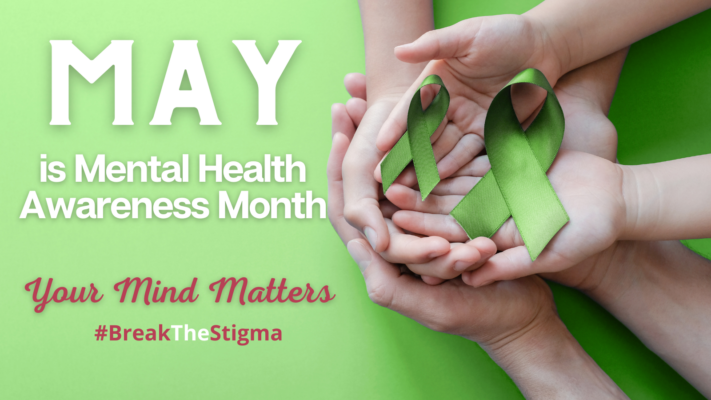Employee Assistance Programs (EAPs) are confidential, short-term counseling and referral services offered by employers to their employees and their families. EAPs can provide assistance with a variety of personal and work-related issues, including:
- Stress
- Anxiety
- Depression
- Substance abuse
- Family problems
- Financial problems
- Legal problems
- Grief and loss
- Work-life balance
EAPs can be a valuable resource for employees who are struggling with their mental health. They can provide confidential support and guidance, and they can connect employees with the resources they need to get the help they need.
Here are some additional benefits of EAP programs and participating in Mental Health Awareness Month:
- EAP programs can help to improve employee productivity and morale. When employees are struggling with their mental health, it can impact their ability to focus, make decisions, and be productive at work. EAP programs can provide employees with the support they need to manage their mental health, which can lead to improved productivity and morale.
- EAP programs can help to reduce absenteeism and turnover. Employees who are struggling with their mental health are more likely to miss work or leave their jobs. EAP programs can help to reduce absenteeism and turnover by providing employees with the support they need to stay healthy and engaged at work.
- EAP programs can help to improve employee health and well-being. Mental health is an important part of overall health and well-being. EAP programs can help to improve employee health and well-being by providing them with access to confidential counseling, referrals, and other resources.
- EAP programs can help to create a more positive and supportive work environment. A positive and supportive work environment can help to improve employee mental health. EAP programs can help to create a more positive and supportive work environment by providing employees with resources and support.
- Mental Health Awareness Month can help to raise awareness about mental health issues and to encourage people to seek help if they are struggling. Mental health is a topic that is often stigmatized. Mental Health Awareness Month can help to raise awareness about mental health issues and to encourage people to seek help if they are struggling.
There are many ways to get involved in Mental Health Awareness Month. You can:
- Talk to your friends, family, and coworkers about mental health.
- Share information about mental health resources on social media.
- Participate in events that are being held in your community to raise awareness about mental health.
- Volunteer your time to a mental health organization.
By getting involved in Mental Health Awareness Month, you can help to break the stigma surrounding mental health and encourage others to seek help if they are struggling.
Mental health is an important part of overall health and well-being. EAP programs are a very important resource that can help to improve mental health and well-being in the workplace.
NARFA is proud to offer members a fully integrated Employee Assistance Program as part of our robust benefit offerings. Please contact our trust representatives who are happy to assist you.
Please also visit our video library for some great informational pieces about our EAP and other programs.
Recent Posts
Poison Ivy, Oak & Sumac Safety Guide for Landscaping, Construction, and Outdoor Workers
Why Construction and Outdoor Workers Need to Know About Poison Plants The CDC reports that 80-90% of adults develop rashes from poison ivy exposure, and [...]
Multi-State Business Operations: Insurance and Compliance Strategies for Growing New Hampshire Auto Companies
Picture a successful New Hampshire automotive dealership that starts with a single location in Manchester. Over time, they expand their service territory, hire employees who [...]
Revolutionary HSA Changes in the 2025 Budget Bill: Your Complete Guide to Expanded Benefits
Introduction: A Game-Changer for Healthcare Financial Planning The 2025 federal budget reconciliation bill, recently passed by the House, introduces the most significant expansions to Health [...]




